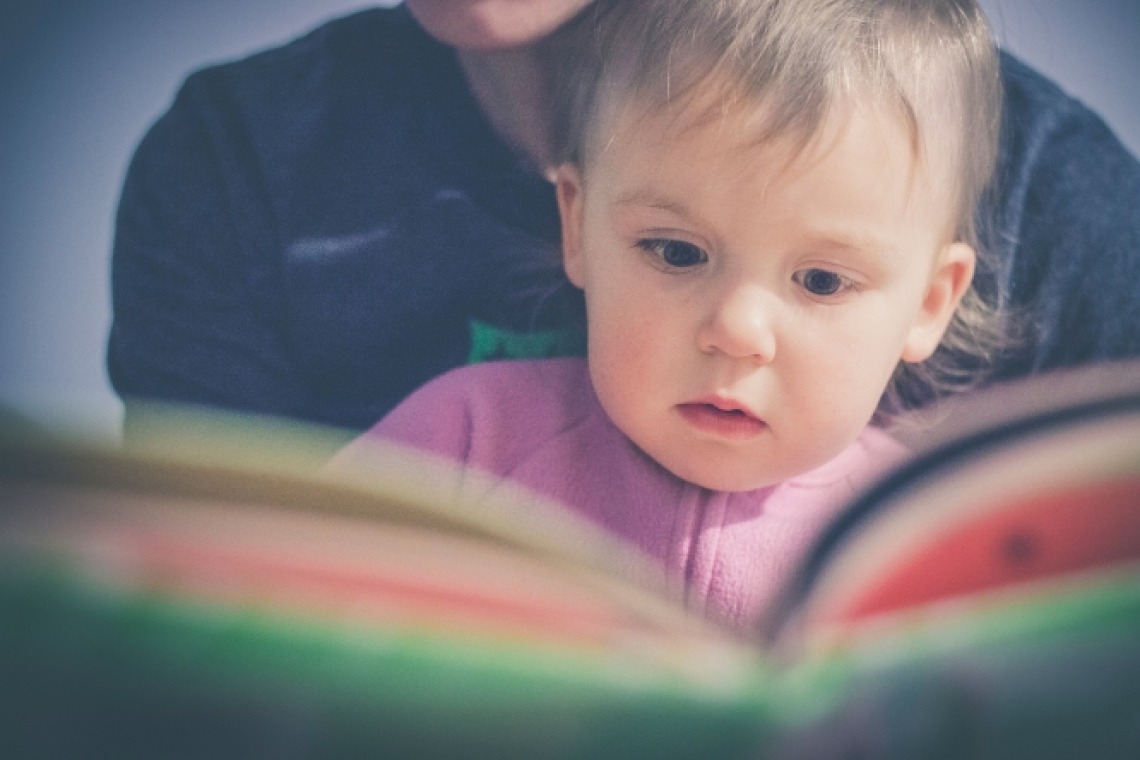Help Develop Your Baby's Language Skills with These Two Practices

Rebecca Gómez was recently interviewed as part of a series of articles that follows a UA@Work writer along on her parenthood journey. She is a psychology professor of 25 years and director of the Child Cognition Lab. In developing language skills, 2 main practices are shown to provide positive effects: sleep & reading.

Gomez sited a large Canadian study from 2007 to emphasize how important sleep is to language development. The researchers found an association between children aged 2 to 6 who consistently slept less than 10 hours a night and had a poor vocabulary in kindergarten. What's more, even if the participants corrected their sleep by age 3, they still tended to be at higher risk for lower verbal performance.
As for reading, "The science around language development shows that it's important for children to hear language and to hear a lot of it," Gómez said. "Early in development, children's vocabulary is a real marker for how well they're going to be able to read. In turn, becoming a skilled reader by the third grade is very important for success in school. That's about the time that your reading skill is established, and a lot of learning relies on children reading by themselves."
For more in-depth details on how these practices relate to language development, read the full interview:
Updated: 11/15/23

